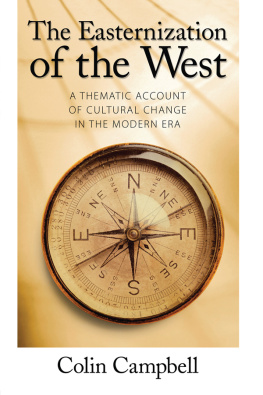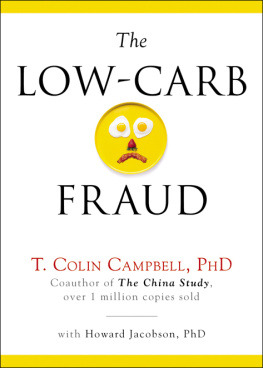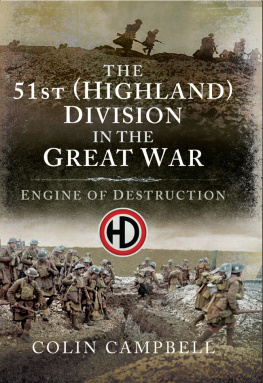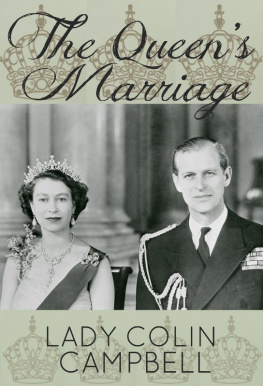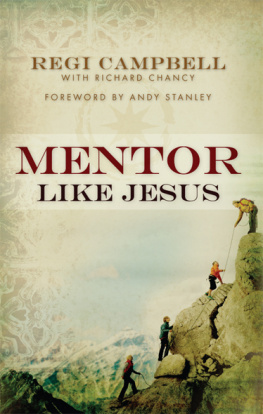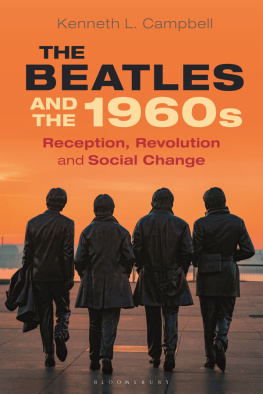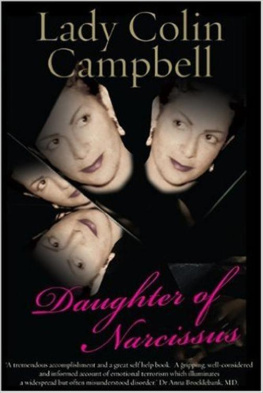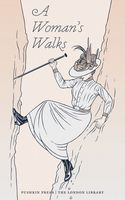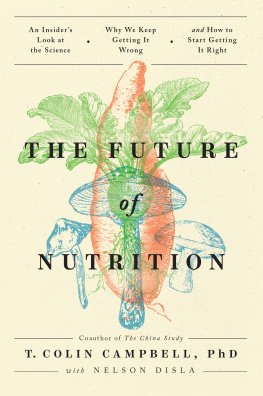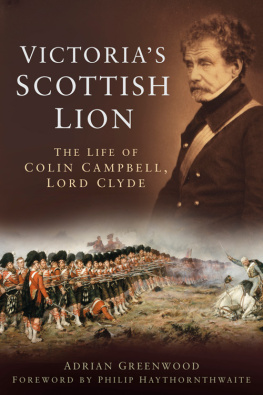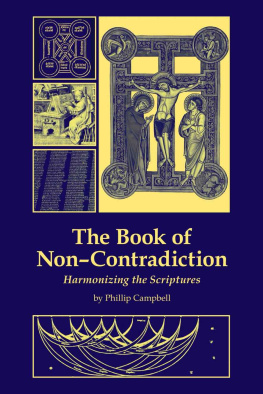THE EASTERNIZATION OF THE WEST
THE YALE CULTURAL SOCIOLOGY SERIES
Jeffrey C. Alexander and Ron Eyerman, Series Editors
Triumph and Trauma,
by Bernhard Giesen (2004)
Myth, Meaning, and Performance: Toward a New Cultural Sociology of the Arts,
edited by Ron Eyerman and Lisa McCormick (2006)
American Society: A Theory of Societal Community,
by Talcott Parsons, edited and introduced
by Giuseppe Sciortino (2007)
The Easternization of the West, by Colin Campbell (2007)
Changing Men, Transforming Culture: Inside the Mens Movement,
by Eric Magnuson (2007)
Do We Need Religion? On the Experience of Self-Transcendence,
by Hans Joas (2007)
A Contemporary Introduction to Sociology: Culture and Society in Transition, by
Jeffrey C. Alexander and Kenneth Thompson (2008)
Staging Solidarity: Truth and Reconciliation in a New South Africa,
by Tanya Goodman (2008)
Inside Jihadism: Understanding Jihadi Movements Worldwide,
by Farhad Khosrokhavar (2008)
Meaning and Method: The Cultural Approach to Sociology,
edited by Isaac Reed and Jeffrey C. Alexander (2009)
Performative Democracy, by Elzbieta Matynia (2009)
Injustice at Work, by Franois Dubet (2009)
Culture, Society, and Democracy: The Interpretive Approach,
2nd Ed., edited by Isaac Reed and Jeffrey C. Alexander (2011)
Narrating Trauma: On the Impact of Collective Suffering,
edited by Ron Eyerman, Jeffrey C. Alexander, and
Elizabeth Butler Breese (2011)
THE EASTERNIZATION
OF THE WEST
A THEMATIC ACCOUNT OF CULTURAL
CHANGE IN THE MODERN ERA
Colin Campbell
First published 2007 by Paradigm Publishers
Published 2016 by Routledge
2 Park Square, Milton Park, Abingdon, Oxon OX14 4RN
711 Third Avenue, New York, NY 10017, USA
Routledge is an imprint of the Taylor & Francis Group, an informa business
Copyright 2007, Taylor & Francis.
All rights reserved. No part of this book may be reprinted or reproduced or utilised in any form or by any electronic, mechanical, or other means, now known or hereafter invented, including photocopying and recording, or in any information storage or retrieval system, without permission in writing from the publishers.
Notice:
Product or corporate names may be trademarks or registered trademarks, and are used only for identification and explanation without intent to infringe.
Library of Congress Cataloging-in-Publication Data
Campbell, Colin, 1940
The easternization of the West: a thematic account of cultural change in the modern era / Colin Campbell.
p. cm. (Yale cultural sociology series)
Includes bibliographical references and index.
ISBN 978-1-59451-223-0 (hardcover: alk. paper)
ISBN 978-1-59451-224-7 (pbk : alk. paper)
1. Civilization, Western. 2. Social change. I. Title.
CB245.C294 2007
909.09821dc22
2006035792
Designed and Typeset by Straight Creek Bookmakers.
ISBN 13: 978-1-594-51223-0 (hbk)
ISBN 13: 978-1-594-51224-7 (pbk)
CONTENTS
One of the enduring mysteries surrounding the practice of writing is the fact that authors often declare that they only become fully aware of the close relationship of their latest work to their earlier publications when it is completed. So it is in this case. For, although I can identify the precise circumstance wherein the idea for this book first came to me, it has only been since completing the manuscript that I have begun to appreciate the true extent to which it represents a natural culmination of interests and concerns that reach back many decades. I can now see, for example, just how closely this work builds on the argument advanced in The Romantic Ethic and the Spirit of Modern Consumerism (first published in 1987). There I took as my starting point the fact that the 1960s witnessed a consumer boom that occurred concurrently with a romantic, antimaterialistic countercultural revolution. I looked for similar links in the past and hence began an exploration of cultural change in Britain in the seventeenth and eighteenth centuries, concluding that romanticism had indirectly worked to assist the emergence of modern consumerism. Here, in this work, I take approximately the same starting pointthe cultural revolution of the 1960sbut explore the processes of cultural change as they have evolved from that period to the present day. In that respect this book can be seen as a sequel to that earlier work, one thatstarting from the same significant historical cultural upheavalmoves forward rather than backward in time. But then the approach adopted here also echoes that manifest in that earlier work, being a similar attempt to apply an essentially Weberian style of analysisone that traces how the inherent logic of cultural rationalization interacts with the specific meaning needs of particular subcultural groups to determine the direction and character of cultural change. In The Romantic Ethic my concern was primarily with cultural developments in theology, aesthetics, and ethics, and with such historically situated subcultural groups as the puritans, Romantics, bohemians, and dandies. Here the cultural analysis, although also including theology, focuses on political thought and science rather than aesthetics and ethics, whereas the comparable subcultural groups are the Beat-bohemians, the moral protesters, and the juvenile delinquents. Obvious enough though these parallels are to me now, I can honestly say that they had not occurred to me until quite recently, when I had an occasion to reread the completed manuscript. Thus, although now I can see that this work does indeed have some of the characteristics of a sequel to The Romantic Ethic and the Spirit of Modern Consumerism, I can honestly say that such an idea was not in my mind when I first began work on this book.
Indeed the initial impetus for this work was an invitation I received to participate in a colloquium on The Legacy of the Sixties organized by Lancaster University Centre for the Study of Cultural Values and scheduled for April 1994. And it was while I was pondering quite what I might contribute to that event that the theme of this book first occurred to me. Thus it was that in the spring of that year I presented a paper in Lancaster entitled Easternization: A Legacy of the Sixties?the main theme of which was that a marked tendency to embrace beliefs, values, and attitudes more typical of the East than the West might be considered a lasting legacy of the cultural revolution that marked this most iconic of decades. At the time I considered this idea to be little more than an interesting hypothesis and was not by any means deeply committed to the notion (note the question mark in the title of the paper). However, this thesis was quite warmly received, whilst some of those present encouraged me to pursue the idea further. Thus it was that I decided to see if indeed there was much mileage, as it were, in this particular manner of regarding cultural change in the West over the past half century or so. However, as it transpired, gathering the material necessary to establish that there was indeed a sound basis for such a claim proved to be a slow and time-consuming process, especially as I had many other demands on my time, particularly those incurred as a consequence of becoming head of my department in January 1995. Nonetheless a further opportunity to present my ideas on this topic came shortly afterward, when I gave a similar paper to the Lancaster one at a conference on New Religious Movements: Challenge and Response, held at the Institute for Oriental Philosophys European Centre, at Taplow Court, in April 1995. However it was actually the presentation of yet a third paper on this topic at an international conference that proved to be the most effective stimulus in orcing me to focus my mind fully on this project. This conference, entitled The Ethics for a New Millennium, cosponsored by UNESCO, the Senior Board of the International Social Science Council, and the Institute of Cultural Pluralism of Candido Mendes University, was held in Rio de Janeiro in July 1997. And so it was really only from that summer that I put all other considerations aside in order to concentrate solely on this theme.

